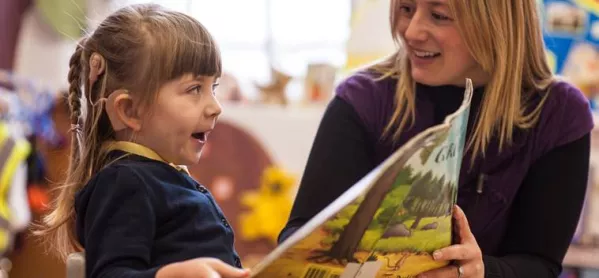This week we have seen research from the National Deaf Children’s Society (NDCS) showing that more than one in three local authorities are cutting specialist education support for deaf children.
You won’t be surprised to hear that this is not because there has been a sudden reduction in the number of pupils in our schools with hearing impairments. In fact, quite the opposite appears to be true. A report released in January by the Consortium for Research into Deaf Education suggested that the number of deaf children has increased by 31 per cent since 2011. So once again we are left with more children needing greater support but less specialist provision available.
This is an all too familiar story. Swinging cuts to local authority budgets have seen these sorts of services come under increasing pressure. It’s not just services for deaf children that have suffered; the same goes for those working with children with physical disabilities and visual impairments. We know that other services such as speech and language therapy are also facing similar challenges in meeting demand.
These specialist services are not just vital for the children themselves, but also are invaluable to schools and teachers. When training to teach, it is simply impossible to become an expert on the wide range of special educational needs that you are likely to encounter in your classroom over a teaching career. That’s where the specialist support services come in. Their assessments and advice ensure that teachers know how best to meet a pupil’s needs. It can also be a way of getting access to specialist resources that will benefit the child, helping them to participate fully in the life of the class and school.
Unmet needs
Long delays in receiving advice and resources mean a child’s needs can go unmet for too long. Such unmet needs not only cause problems in the short-term for these children, they can also store up a range of long-term issues. With the right support in place, we know that these children can and will flourish in school, but the support has got to be there.
The government’s predictable response has been to yet again talk about “record levels of funding”. This conveniently overlooks the growing number of children who require support. Our own recent report on high-needs funding (the money allocated to children with the most significant needs) demonstrated that, between 2014 and 2017, there was a 21 per cent increase in the number of pupils with Education, Health and Care plans (EHCPs).
We have also seen an increase in the number of children needing specialist provision. As a result, we are now in a position where many councils are over-spending the high-needs funding they receive and are having to find ways to top it up from elsewhere.
So, yes, technically there is more money in the system but this has not kept pace with the increasing prevalence and complexity of need. While the government’s response is to keep talking about record levels of funding, the reality on the ground is there are too many children not getting the support they desperately need.
As the chief executive of NDCS has said this week, this means that for many pupils, “their futures hang in the balance.” I fear that this statement applies not just to children with hearing impairments but could equally be applied to many other children with a wide range of different needs.
Public spending might be tight at the moment, but when a government is able to overlook this obvious and pressing need, while at the same time finding £50 million to fund the expansion of grammar schools, you have to question its priorities.
James Bowen is director of the NAHT Edge middle leaders’ union and a former head of an “outstanding” primary. He tweets @JamesJkbowen




